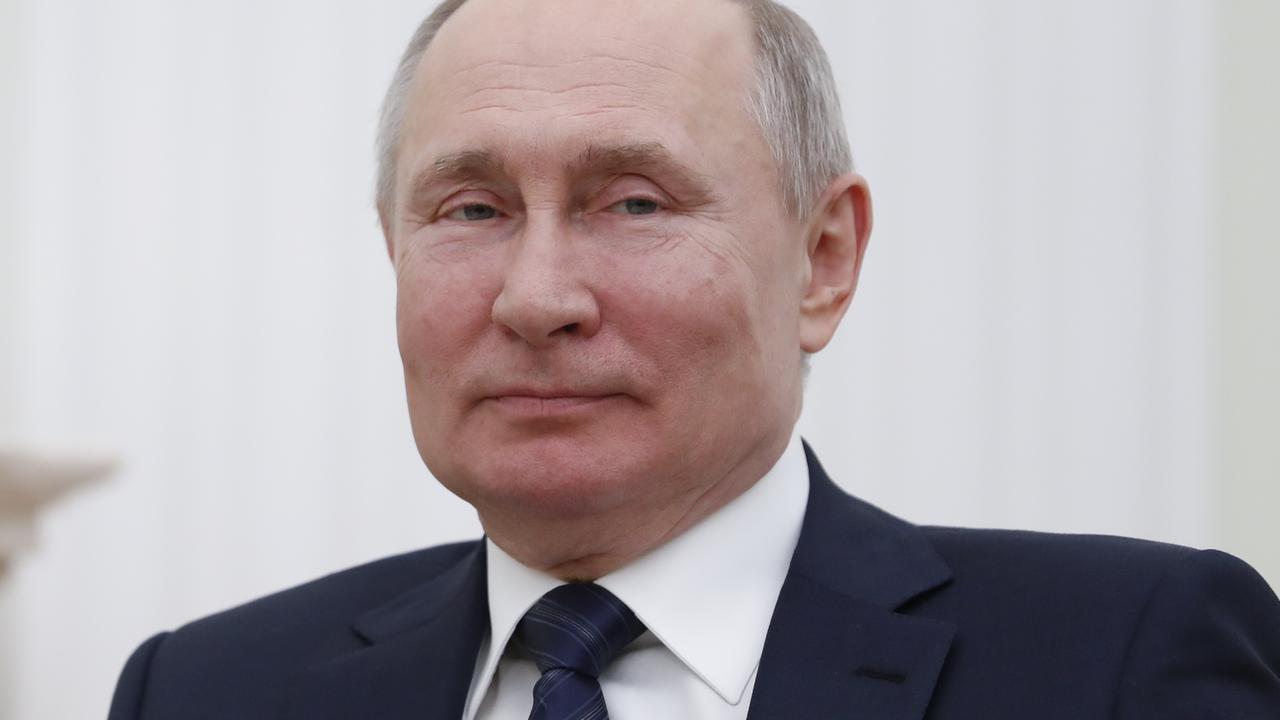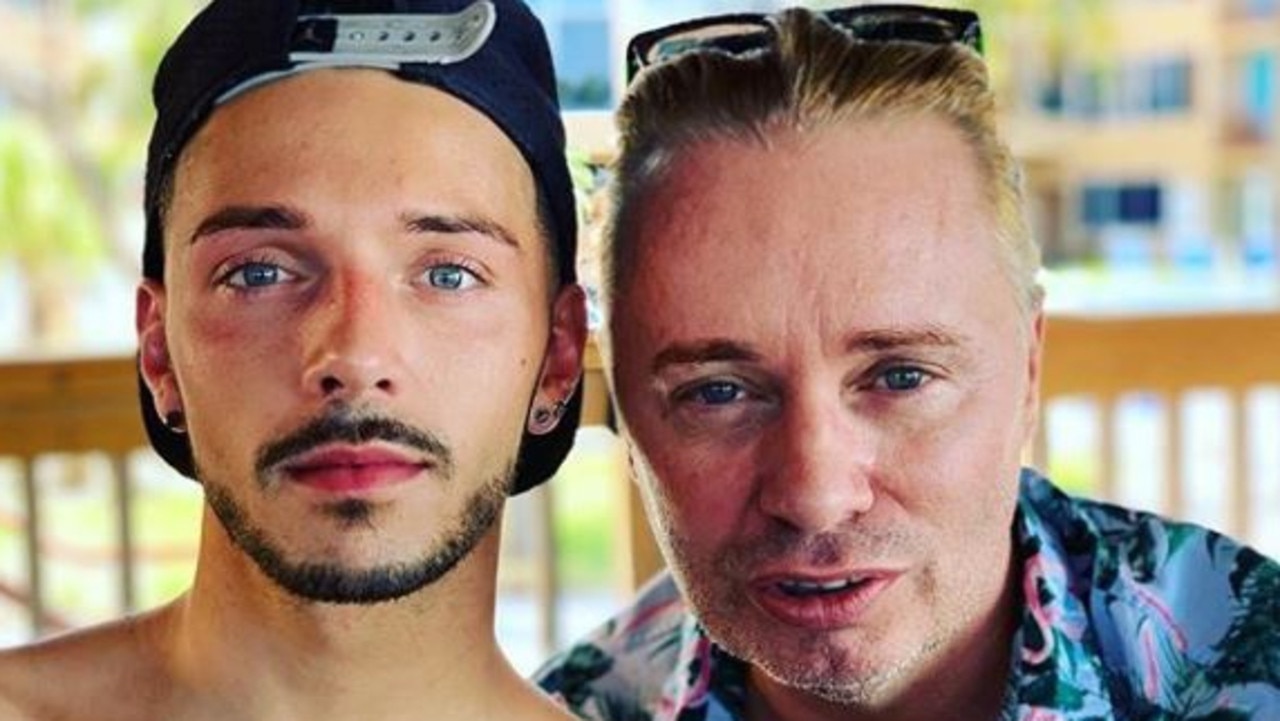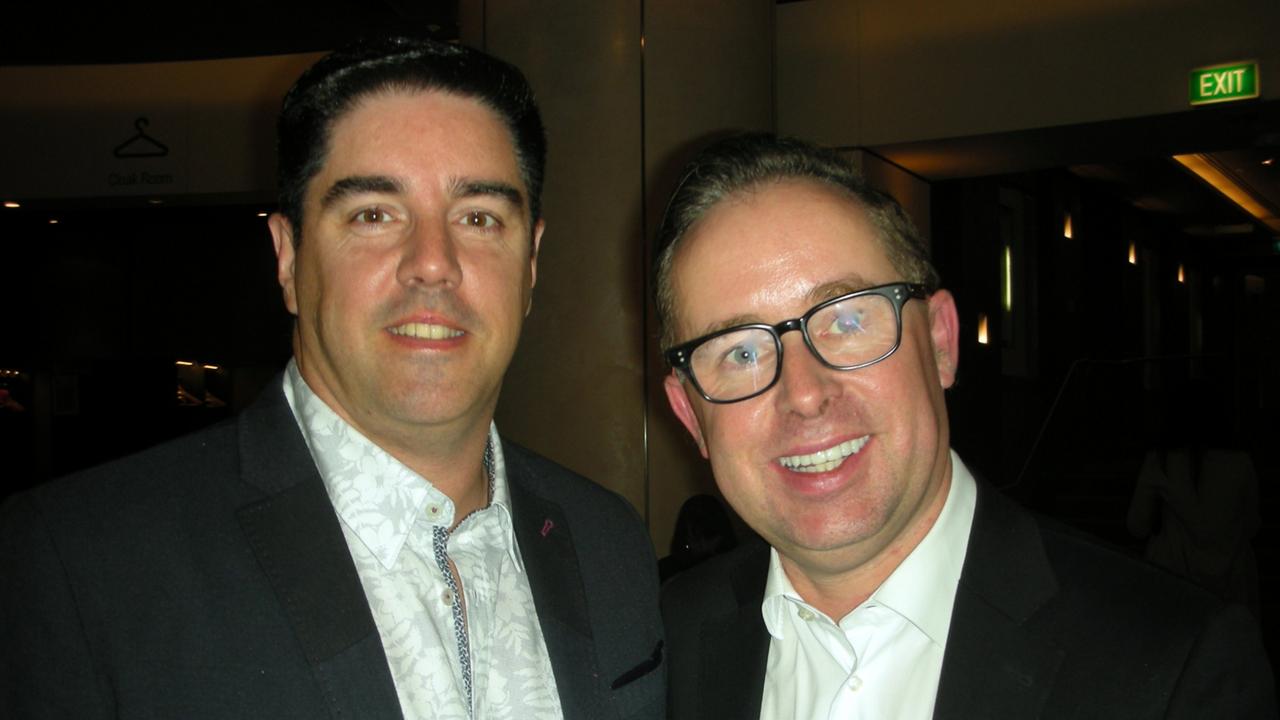Despite weeks to send back votes, campaigners say same-sex marriage will be decided over just three days
IF PEOPLE don’t send their ballot papers back within a few days campaigners are worried they’ll be buried under ‘Bunnings’ brochures’ and never posted.
WHEN the ballots for the same-sex marriage postal survey start hitting mailboxes early next month, Australians will have as many as 56 days to choose between yes and no.
But ‘Yes’ campaigners have warned the vote will actually be decided over just a handful of days.
Not the final days before the deadline to post off the vote looms, but rather the three days in September immediately after the ballots arrive at people’s homes.
Tiernan Brady, Executive Director of the Equality Campaign — which is advocating for same-sex marriage — told news.com.au they expected between 80 and 90 per cent of the votes to be cast between 13 and 15 September. In fact, they’re banking on it.
“What we know from postal ballots held by organisations around Australia and other countries is the vast majority will be cast in the first three days.
“What we want to make sure is when that envelope arrives it doesn’t sit on the table getting covered with bills and Bunnings’ brochures until it reaches the bottom of the pile,” he said.
“As soon as it comes in, get it to the post box.”

They’ll be learning lessons from the botched census where the initial enthusiasm for completing the survey waned after the Australian Bureau of Statistics (ABS) website crashed. Only an awful lot of cajoling and a threat of a fine managed to get Australians to log on once more.
Campaigners on either side don’t have the luxury of a fine.
On Monday night in Sydney, ‘yes’ campaigners met to move the focus of the campaign from the effort to get people on the electoral role to the effort to get them to vote.
“Following on from the most successful enrolment campaign Australia has ever known we’re now encouraging people to talk to neighbours, friends and family members and tell them that gay people deserve equal dignity and to make sure when they get that envelope they post their vote,” Mr Brady said.
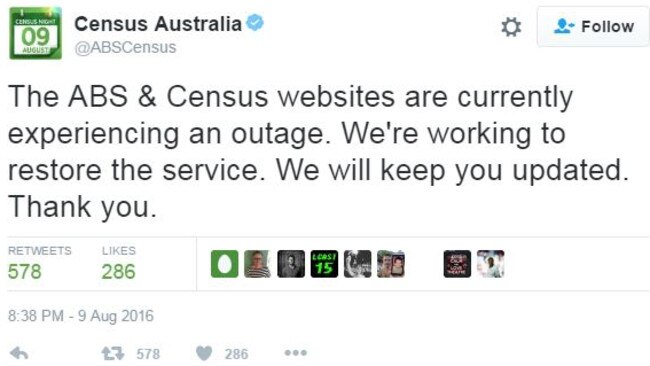
But all that work could count for nothing if people forget to lodge their ballot papers, he continued.
The Sydney event brought together representatives from the Greens, Labor, the Liberals, as well as activist group GetUp, all encouraging a yes vote.
GetUp’s Sally Rugg said more than five million ballots needed to be returned if the yes side was to prevail.
“If you assume about 60 per cent support marriage … when you crunch all those numbers we need to ensure there’s over 5.5 million ballots returned [to get a yes outcome], which is a lot of ballots.”
Andrew Bragg, until recently the acting federal director of the Liberal Party and now the head of the newly formed ‘Liberals and Nationals for Yes’ campaign said the organisation’s aim was to ensure Coalition voters had the information they needed to vote for same-sex marriage.
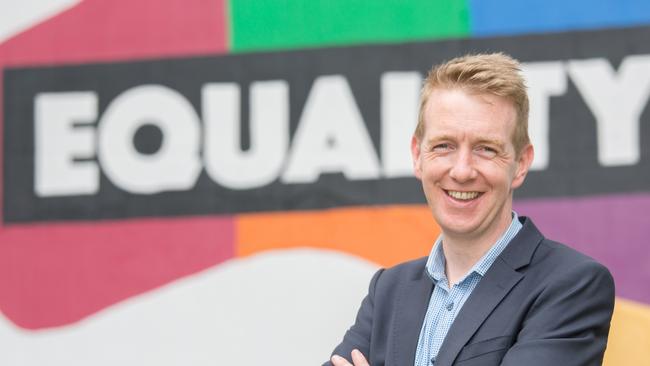
“We’ve all heard the conservative case against same-sex marriage so our objective is, whether you live in the bush or the city, if you’re more inclined to vote for the Libs or the Nats, that you hear that case very strongly.”
The No campaign, under the banner of Coalition for Marriage, is also readying itself for the first ballots to be sent out.
On Tuesday, one of the ‘No’ side’s leading voices, Archbishop of Melbourne Denis Hart, claimed same-sex marriage could weaken society.
Speaking to 3AW he said same-sex marriage could change Australia.
“I do believe that marriage between a man and woman and family are the bedrock of society and if we follow that through then it could weaken us,” he said.
The head of Australia’s Anglican Church has said he won’t be advising its members how to vote, but himself vote no.
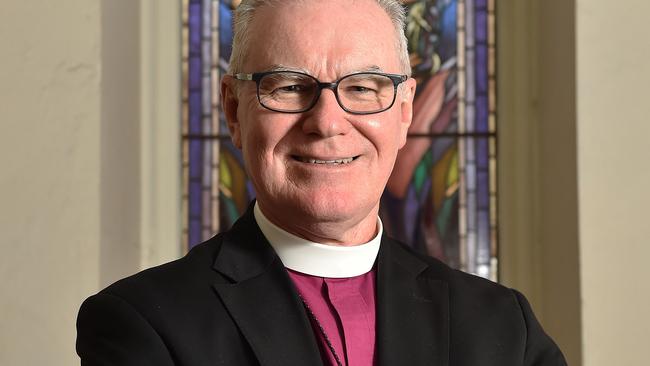
Archbishop Philip Freier has written an open letter urging all Anglicans to “exercise their democratic right” and engage in the same-sex marriage debate in a sensitive way.
“Anglicans, like other Australians, have a wide range of opinions on same-sex marriage, supporting or opposing it for a variety of reasons in accordance with their conscience and their understanding of the principles and issues,” he wrote.
The parliament would find it hard to ignore the will of a majority of Australians, Archbishop Freier said.
Dr Freier said doctrine set out in the church’s Book of Common Prayer stated that marriage is “between a man and a woman, under God, forsaking all others until death parts them”.
However, he said that the church understood the commitment of same-sex couples.
“We understand that sometimes gays, lesbians and others have felt judged and rejected, even ostracised, inside the church and that we have to be much more pastorally sensitive in future.”
Marriage survey voting packs will be sent out on 12 September. The ABS encourages ballots to be returned by 27 October with a final deadline of 7 November.

